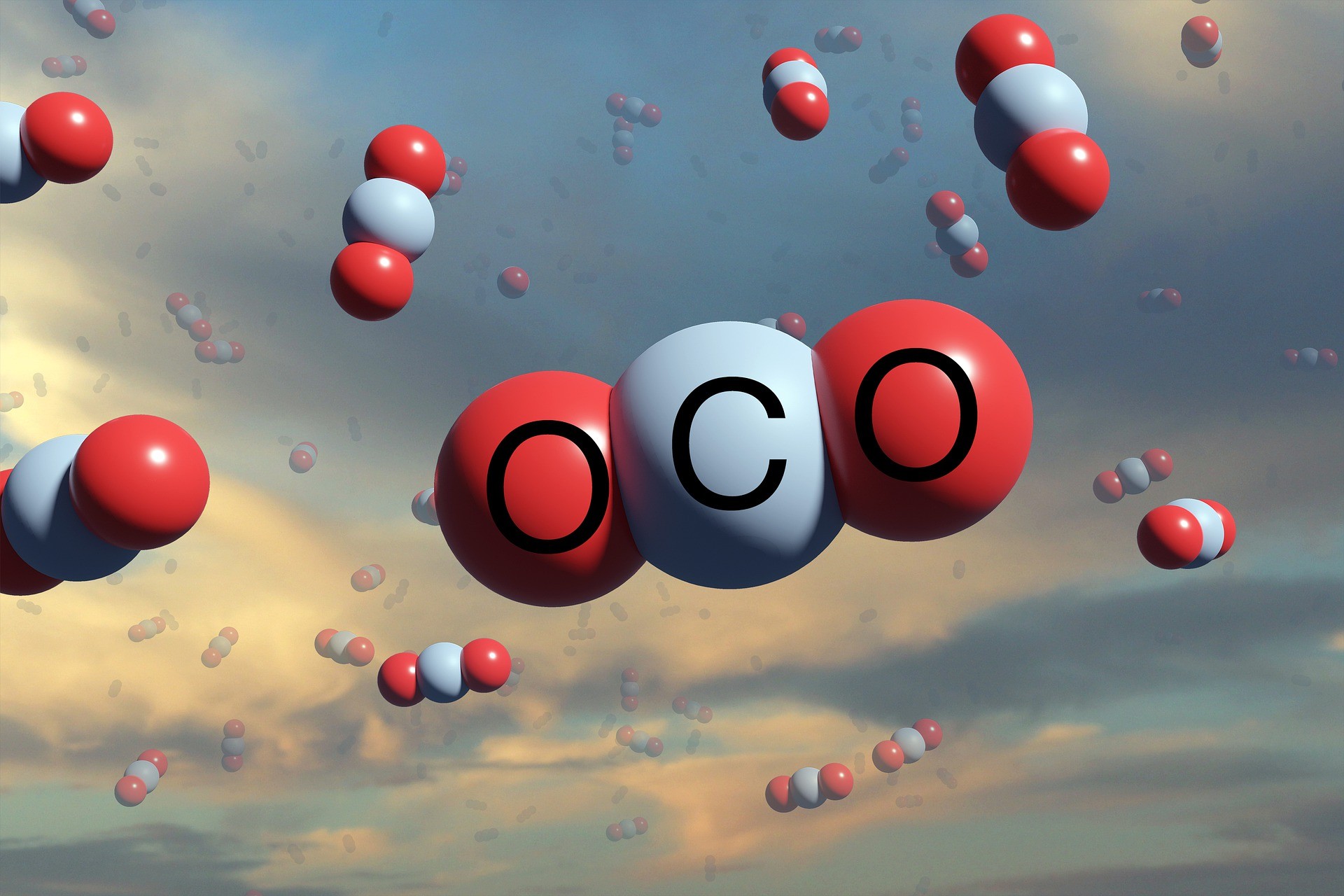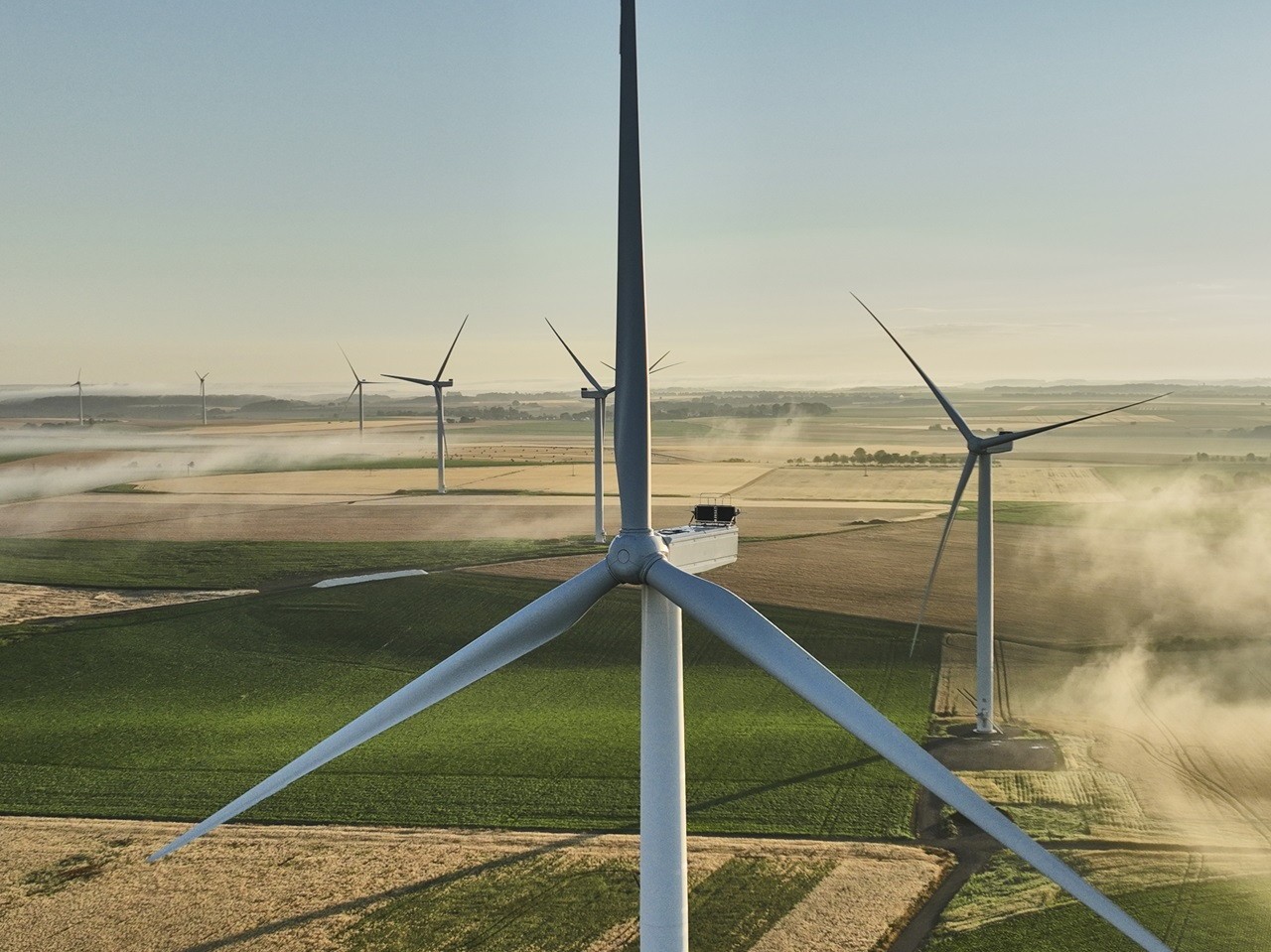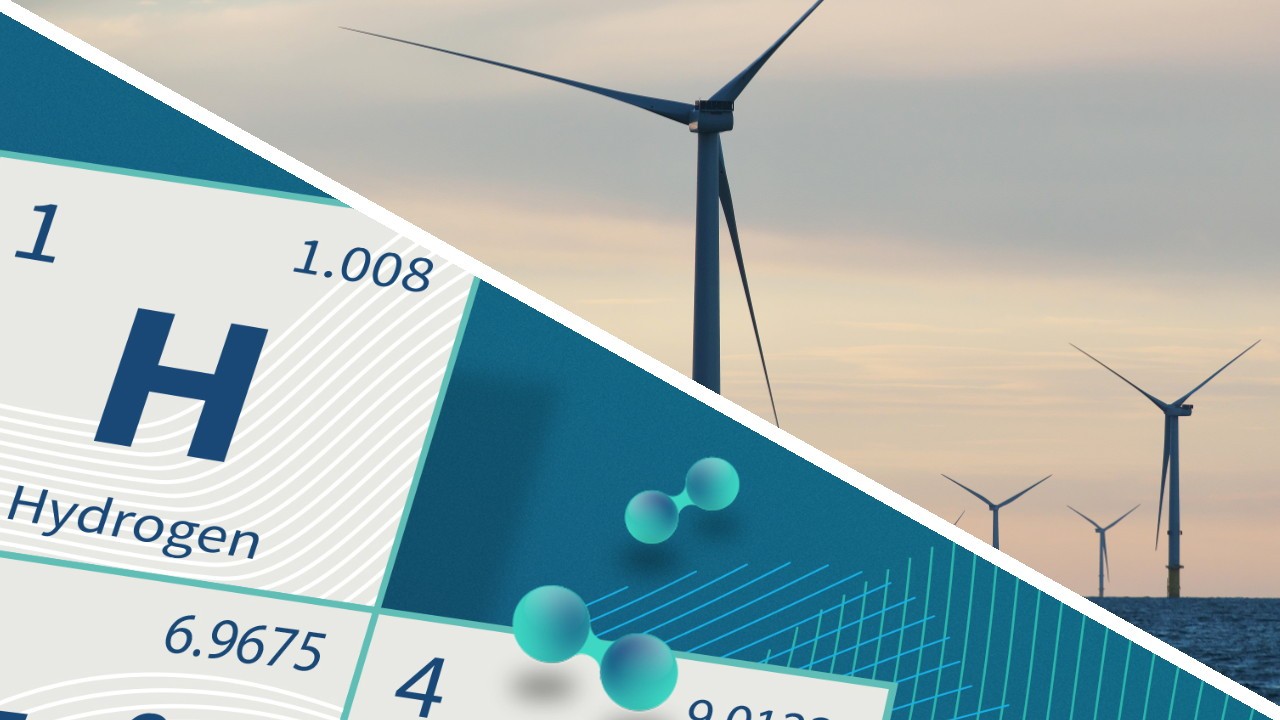Hydrogen, a substance often hailed as a potential panacea for our carbon-intensive world, has been the subject of much hype and hope. With its promise of zero emissions and ample availability, it seems like an ideal replacement for fossil fuels. However, the complexities and challenges associated with producing, storing, and utilizing hydrogen have significantly hindered its widespread adoption.
While electric vehicles are rapidly gaining traction as a cleaner transportation solution, hydrogen-powered alternatives continue to face substantial obstacles. The fundamental issue lies in the difficulty of extracting pure hydrogen from its naturally occurring compounds. The most common methods, derived from fossil fuels, generate significant carbon emissions.

On the other hand, producing hydrogen through the electrolysis of water using renewable energy, while clean, is currently economically impractical on a large scale. Moreover, the infrastructure required for the production, distribution, and refueling of hydrogen is still in its infancy.
Even when pure hydrogen is combusted, it reacts with atmospheric nitrogen, forming harmful nitrogen oxides. This undermines the notion of hydrogen as a completely clean fuel. Fuel cells, which offer a more efficient and environmentally friendly method of utilizing hydrogen, are still relatively expensive and have yet to achieve widespread commercial success.
The high cost of hydrogen fuel cell vehicles, such as the Toyota Mirai, has limited their market penetration. Hydrogen, often heralded as a clean energy panacea, has encountered significant hurdles in its path to widespread adoption. While governments have invested billions in initiatives spanning hydrogen generation, storage, and utilization, the market for this green fuel remains nascent and uncertain.
A recent BloombergNEF report underscores the critical challenge of securing offtake agreements, revealing that a majority of hydrogen production projects lack confirmed buyers. This lack of market certainty casts a long shadow over project viability, deterring both investors and developers.
Compounding the issue, the production cost of green hydrogen significantly eclipses that of its fossil fuel-derived counterpart, natural gas. Moreover, the infrastructure necessary for the efficient storage and transportation of hydrogen is still in its infancy. These factors collectively contribute to a complex and challenging world for hydrogen projects. To go through these obstacles, a holistic approach is essential.

Integrated projects that seamlessly combine on-site clean energy generation, hydrogen production, and a readily available customer base are emerging as the most promising models for the hydrogen industry’s maturation.
By mitigating the risks associated with hydrogen transportation and storage, and ensuring a stable market for the produced fuel, these projects offer a more sustainable pathway to commercialization.

